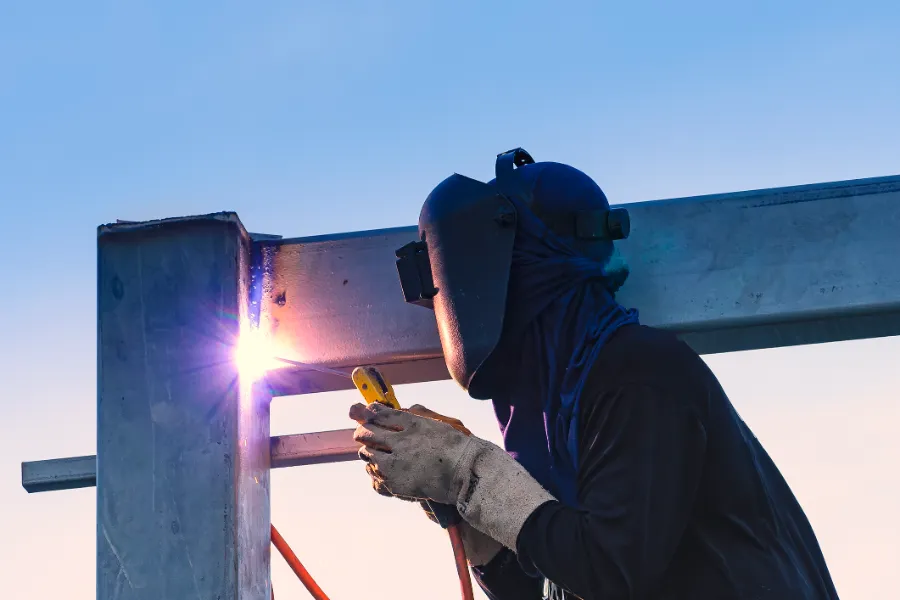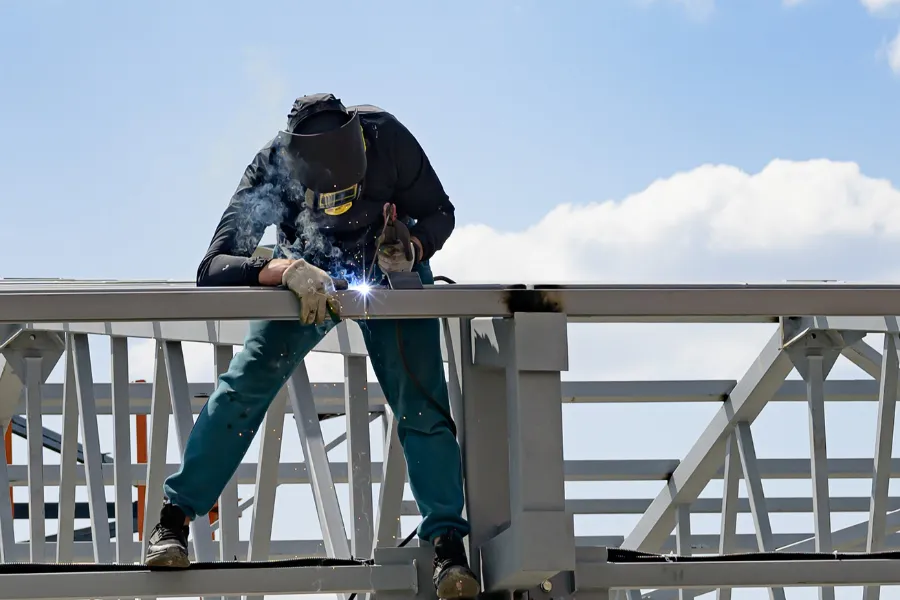The Role of Metalwork in Enhancing Building Strength
In modern construction, the choice of materials is crucial for ensuring durability. Among these materials, aluminum stands out due to its unique properties. Its versatility and strength make it a popular choice for structural applications. This article explores how this metal enhances the durability of structures by providing specific benefits and addressing common construction challenges.

Why Aluminum Is a Preferred Material
Aluminum offers several advantages over other metals like steel or iron. It is lightweight yet strong, which means it can support significant weight without adding excess mass to a structure. Additionally, its resistance to corrosion ensures that buildings remain intact longer, especially in harsh weather conditions or environments with high humidity.
The Process of Aluminum Fabrication
The process of aluminum fabrication involves cutting, bending, and assembling aluminum parts to form desired structures. This process is essential in creating components that enhance overall structural integrity. Through precise techniques and advanced machinery, fabricators ensure that each piece fits perfectly and functions as intended.

Key Benefits of Aluminum Fabrication
When considering the benefits of aluminum fabrication, two factors stand out: flexibility and sustainability. The material’s malleable nature allows it to be shaped into complex forms without compromising strength. Moreover, aluminum is recyclable, making it an eco-friendly option that aligns with green building practices.
- Lightweight yet strong
- Corrosion-resistant
- Malleable and versatile
- Eco-friendly and recyclable
Challenges in Construction Without Advanced Techniques
Traditional building methods often face challenges such as heavy material usage and susceptibility to rust. These issues can lead to increased maintenance costs and reduced lifespan for structures. By incorporating advanced techniques, these problems are minimized, resulting in more durable and sustainable buildings.
Steps Involved in Ensuring Structural Integrity
- Select appropriate aluminum grade based on environmental conditions.
- Ensure precision during the fabrication process to avoid weak joints.
- Apply protective coatings if necessary to enhance corrosion resistance.
- Conduct regular inspections to maintain structural health.
Industry Standards and Best Practices
Adhering to industry standards is crucial for successful projects. Regulations guide the use of aluminum in construction, ensuring safety and effectiveness. Following best practices not only meets regulatory requirements but also enhances the performance of the final product.
Cost Considerations and Return on Investment
While initial costs of using aluminum may be higher than other materials, the long-term savings are significant. With lower maintenance needs and a longer lifespan, structures made from aluminum offer a good return on investment. Developers and builders can take advantage of these cost efficiencies over time.
Implementing Long-Term Solutions for Durable Structures
Choosing the right materials can significantly impact a building’s longevity. By embracing innovative techniques in aluminum fabrication, you contribute to creating robust structures that withstand various environmental stresses. If you want to learn more about how we can help your next project succeed, contact us at (805) 793-6636. Our team at Gear Heads Fabrication & Equipment Repair is dedicated to delivering top-quality solutions here in Ventura, CA.
